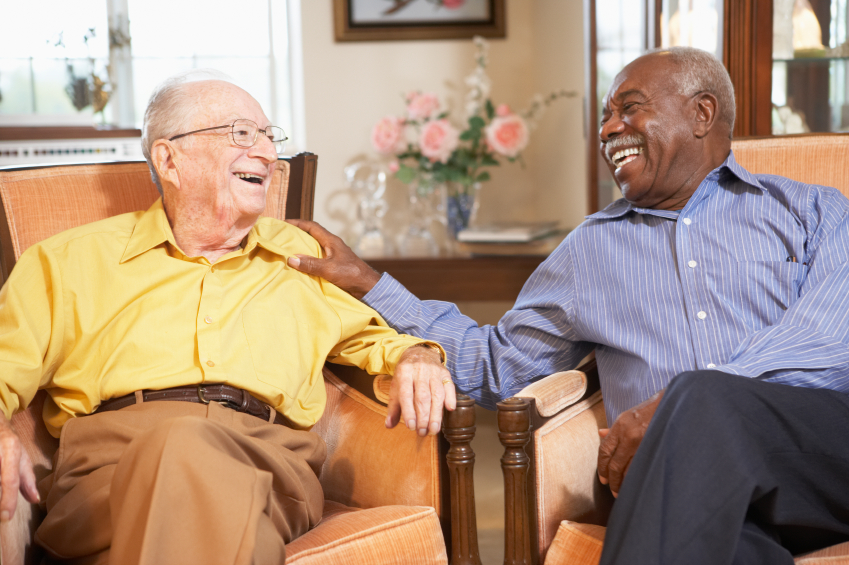A study by the University of Birmingham has found that older adults are more willing to help others out in comparison to young adults.
The study first appeared online in the journal Psychological Science.
For the research, as many as 187 participants from early to late adulthood were included. 95 participants in early to mid-adulthood were placed in one group while 92 of mostly elderly participants were placed in another group.
“Each participant made 150 choices about whether or not to grip a handheld dynamometer—a device for measuring grip strength or force—with 6 different levels of how hard they had to grip,” a press release of the study reads.
“Before the experiment, the researchers measured each person’s maximum grip strength, so they could make sure that the effort people had to put in was the same for everyone, and not affected by how strong people were,” the press release also states.
What researchers unveiled was that within easy tasks young and older adults provided similar efforts for helping others. When the task was more strenuous, or effortful, older adults were more willing to help others.
“A lot of research has focused on the negative changes that happen as people get older,” the study’s lead author stated in a news release.
“We show that there are positive benefits to getting older too, in particular older adults seem to be more willing to put in effort to help others. These ‘prosocial behaviors’ are really important for social cohesion. Understanding how prosocial behavior changes as people get older is critical as we predict the impact of an aging society.”


